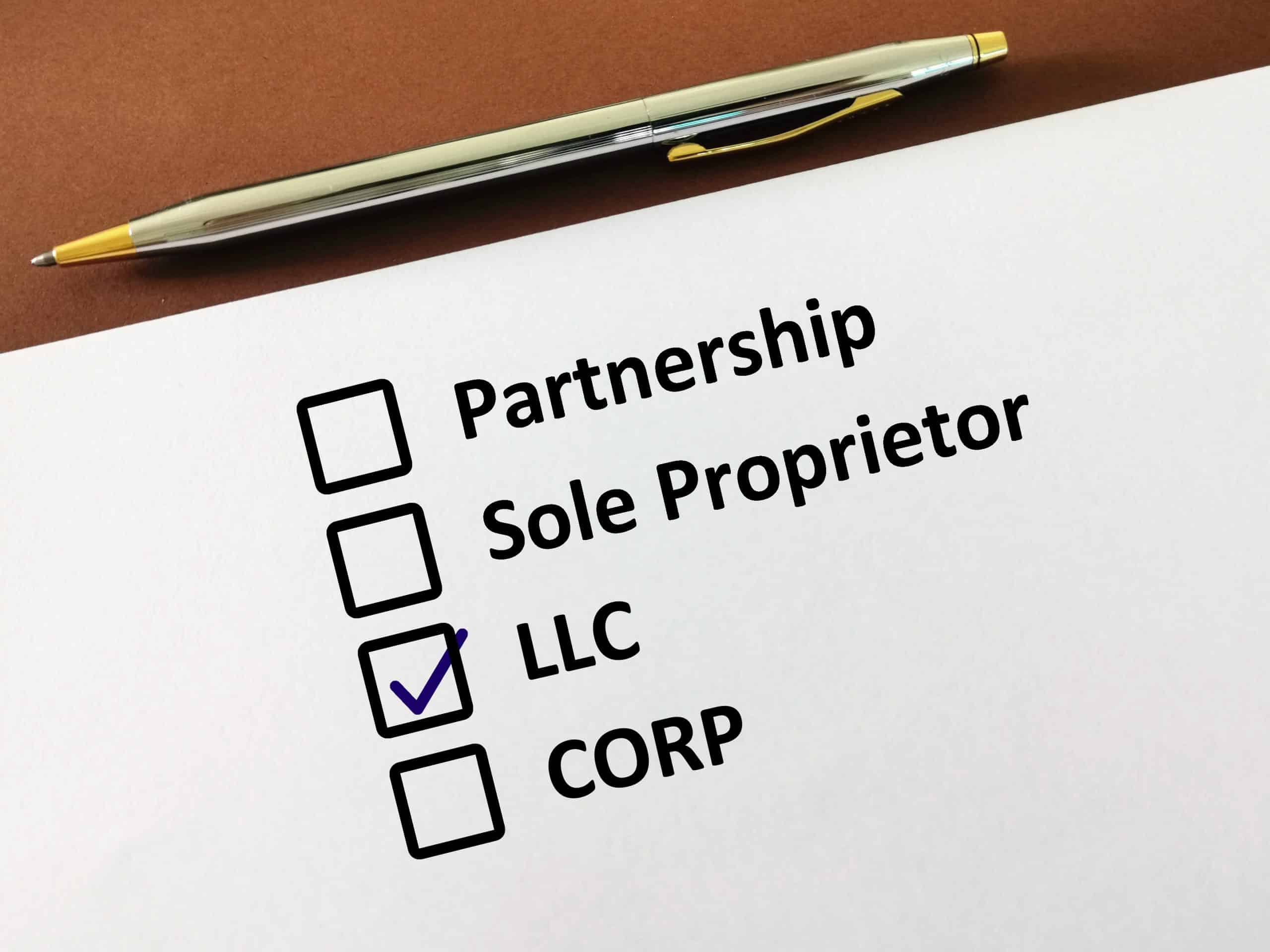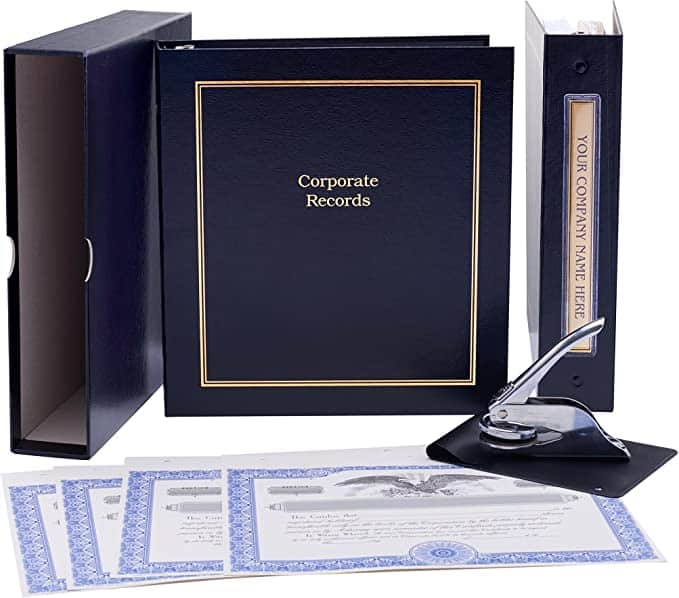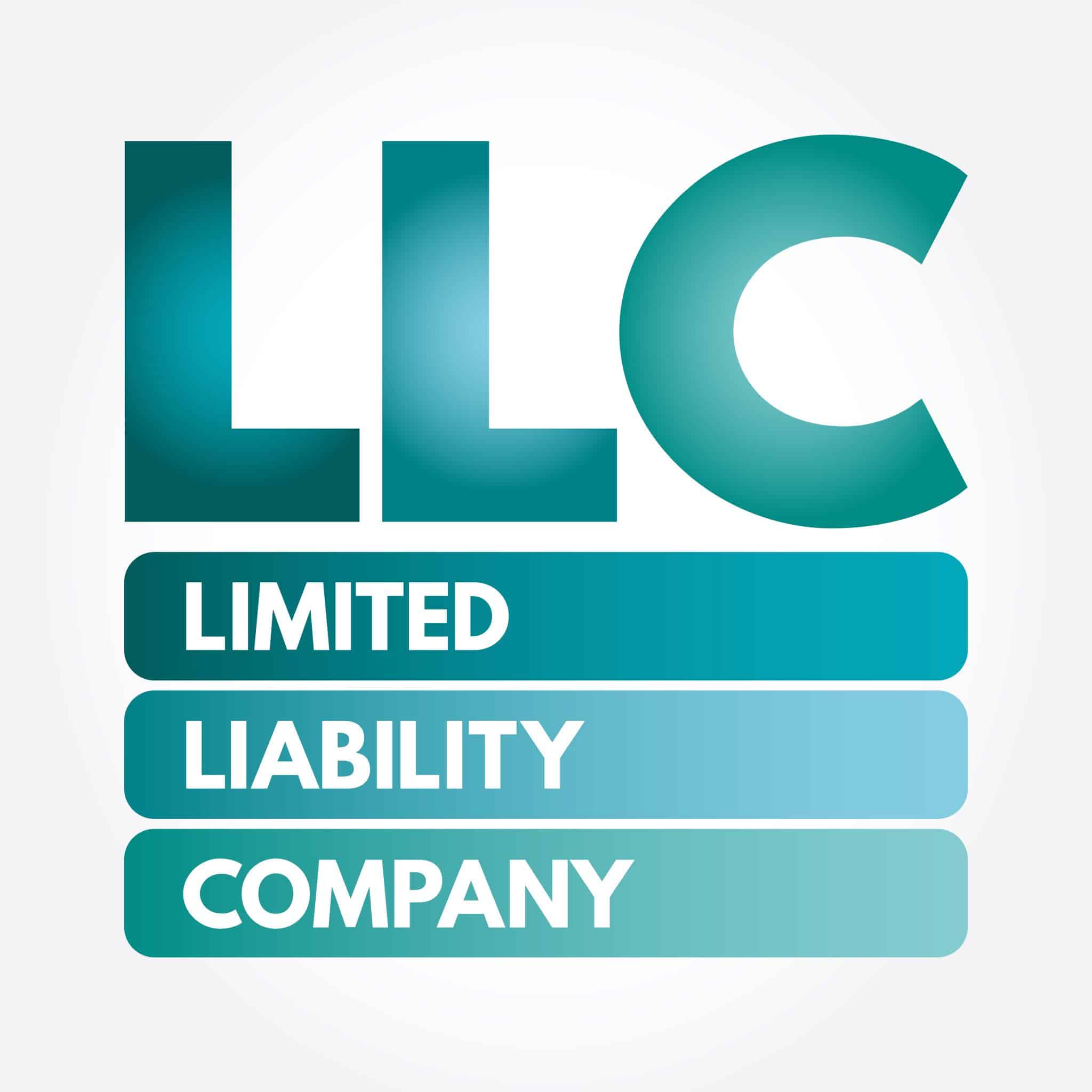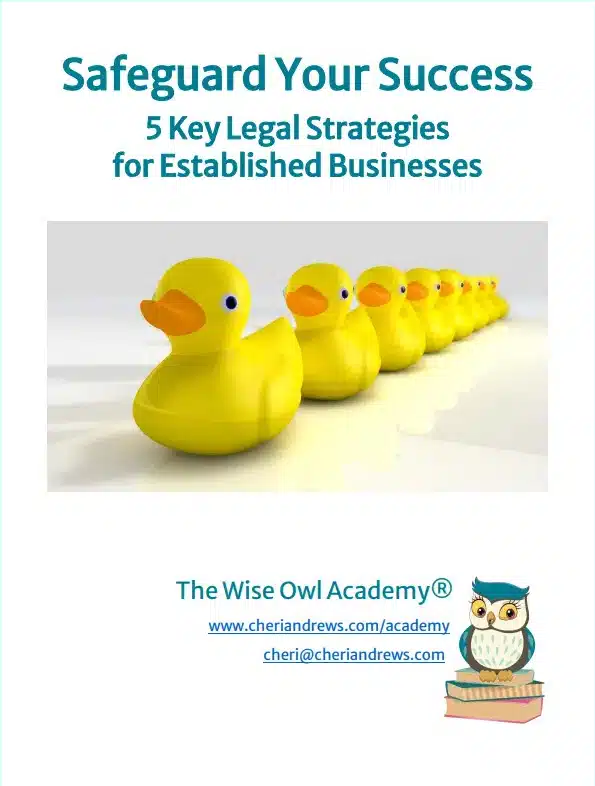Sole Proprietor or LLC? Which one is right for you? One of your first steps in building a new business is to choose the business structure. There are two reasons to set up a business entity: (1) to protect your personal assets and (2) to minimize your tax liability. New business owners often make the mistake of skipping this step. For sole proprietors in particular, it seems unnecessary. Indeed, in some cases, it is. But until you discuss your business structure with a professional, don’t assume that you sole proprietorship is right for you.
How do you know what type of entity is right for your business? There is no one-size-fits-all answer. While there are several options, most small businesses starting out operate as sole proprietors or LLCs. This article examines the differences between the two.
Sole proprietorship/Partnership
Formation:
The sole proprietorship is the simplest entity form. In fact, if you do nothing, it is the default. A business run by a single person that does not file any business organization paperwork with their state is automatically a sole proprietorship. If two or more people are involved it is a partnership. And absent an agreement to the contrary, each partner owns an equal interest in the business.
The biggest advantage of sole proprietorship is that it has the least upfront cost and work. You may need a business permit or license in your local municipality or county. If you are selling goods or services subject to sales tax, you will need a sales tax license. But you don’t need incorporating paperwork, corporate resolutions or minutes, stock certificates, or other documentation of a corporation. And you won’t incur filing fees.
Risk:
Sole proprietorship is tempting because there is minimal to no paperwork to file with your state. But, sole proprietorship means YOU are the business. There is no separate legal entity to protect you. This means your personal assets (home, cars, bank accounts, 401K, etc.) are at risk for the debts, obligations, and lawsuits of your business.
The sole proprietorship works best for a business that has a very low risk of liability. In other words, limited opportunity for personal or financial injury to customers or clients. For example, a crafter who makes elegant greeting cards sold on Etsy is unlikely to cause physical or financial harm to the customer. Truly, the worst they might expect is a paper cut! So that business is a good candidate to operate as a sole proprietor. Now, imagine selling those greeting cards at a brick-and-mortar store that also sells scented bath products and candles. Now there is a risk for slip and fall injuries in the store or allergic reactions to the scented products. in this case, sole proprietorship is not the optimal entity choice for the business because of the increased risk of liability.
Limited Liability Company (LLC)
Formation:
Registering an LLC is accomplished by filing the required paperwork with your state’s corporation bureau. It is a great option for businesses funded via owner capital contribution, bank loans, or borrowing cash from your friends and family. The LLC also lends additional credibility to your business. Adding “LLC” after your business name can provide a much-needed image boost.
The single member LLC is the simplest to form. It is taxed the same as a sole proprietorship. Profits or losses pass through to the owner via Schedule C. A multi-member LLC is taxed as a partnership. Profits or losses pass through to each partner in proportion to their ownership interest. An LLC also provides tax planning options not available to the sole proprietor.
And the LLC provides limited liability protection for your personal assets by creating a separate entity that is liable for your business obligations, debts, and lawsuits.
For these reasons, the LLC is often the best choice for most businesses starting out (small shops, online services, coaches, professionals). The flexibility in structure facilitates your business growth from solopreneur, to emerging business with a team of independent contractors, to a small business with employees and benefits!
Risk:
There is some additional paperwork and cost involved in setting up an LLC.
The LLC does exactly what the name implies—it provides limited liability protection. It does not provide protection against tax liabilities, criminal acts, or your own gross negligence. In fact, no entity type provides protection against these.
Subchapter S Election
Formation:
An S-Corp is not actually a business entity type – it is a tax election. When you make a Subchapter S election, you alter what items are allowable as business expenses, and how much you pay in self-employment taxes. To form an S-Corp, first register your LLC then make a subchapter S election by filing form 2553 with the IRS.
Once the subchapter S election is made, instead of a Schedule C on your personal tax return, you file a Schedule E as well as an informational tax return on behalf of the company. Additional requirements of a Subchapter S company may include:
- Hold annual meetings and maintain minutes … even if, as a single member LLC, it means you have the meeting with yourself! This requirement is state specific, so check your state laws.
- Set up payroll (another cost to be considered) for yourself as the owner.
- File quarterly employer’s federal tax returns.
- Pay yourself a “reasonable” salary. What is “reasonable” varies depending on your industry and the type of work you are doing.
Tax Benefits:
Your salary is a business expense. Expenses such as 401K or Simplified Employee Pension (SEP) IRA contributions, medical insurance premiums, and other benefits are also allowed as business deductions. This lowers the business net income. Under this structure, you receive the remaining net income (after salary and deductions) as a distribution and avoid the self-employment tax on that portion of business profits. But again, check the rules in your state. A few states tax S-Corps like C-Corps (double taxation). California charges a minimum $800 per year franchise tax on S-Corps. Weigh the additional paperwork and associated costs against the potential tax savings to determine if the benefit is worth the work.
As a tax minimization vehicle, the Subchapter S election is only an advantage when your business is profitable enough to pay yourself a reasonable salary. Proper planning with your tax professional will determine the best way to maximize deductions and minimize tax liability.
The choice between sole proprietor and LLC is one that must be made after considering all of the advantages and disadvantages for YOUR business. If you have questions about forming an LLC in Pennsylvania, contact me!
©2025 Cheri D. Andrews, Esq. This material is informational only and does not constitute legal advice. This material does not create an attorney-client relationship between Cheri D. Andrew, Esq and the reader. Recipient should consult with counsel before taking any actions based on the information contained within this material.





